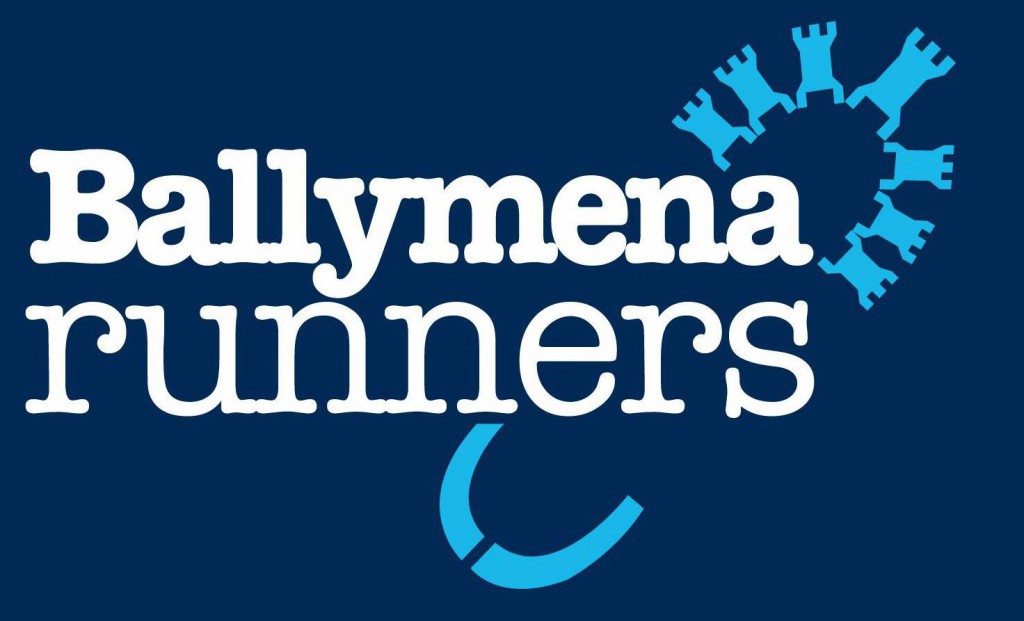It's finally got a little warmer! Sweaty McSweat-Face are we. Let's think hydration.
Google it & you'll find the most monsterous bad advice. The worst offenders dehydration and low blood sodium (hyponatremia) - conditions that need different responses. Hyponatremia is more likely to land you in the medical tent than dehydration. The sweat that cools you on a long run contains water & salt. Pick up water at a drinks station and you replace the water but not the salt. 4 hours or more of this could result in severely depleted plasma salt concentrations with ensuing nausea, headache, disorientation and worse. Those most at risk are those with a big surface area-to-volume ratio ie small framed. Being female or taking ibuprofen exacerbates the problem. So what might keep us safe and fast?
- Begin the run hydrated but not over hydrated. Perfect pee is pale straw in colour; dehydrated is like apple juice or darker; and overhydrated is water-like.
- Use training runs of an hour or so to monitor your sweating rate. Weigh yourself naked before and after your run. Weight loss = water loss. Calculate the volume of water needed for each 20 - 30mins of running. For shorter runs replace your water loss at the end. During longer runs carry the water you'll need and sip at the appropriate rate. Your sweating rate will depend upon the weather (hot/cold humid/arid) and level of exertion. Assess your fluid needs under these different conditions, record them and keep them handy for event days.
- Thirst is a good indicator of dehydration, but be sure you are acting upon thirst and not habit. Sometimes we take water to cool us directly. If so, pour it over your skin rather than into your stomach. Don't reach for water just because someone else has - know your own needs & listen to them.
- If your heart is going very fast, you feel faint or you feel thirsty then you may be dehydrated. Drink some fluid (could be a sports drink) and see if you feel better.
- If you have a worsening headache, swelling in your hands, nausea or water sloshing in your stomach then you may be suffering hyponatremia. Stop drinking and monitor how you feel.
Clear robust advice, courtesy of the American Road Race Medical Society, can be found here.
This is an adaptation by the author of an article previously published at Mojo Running.
